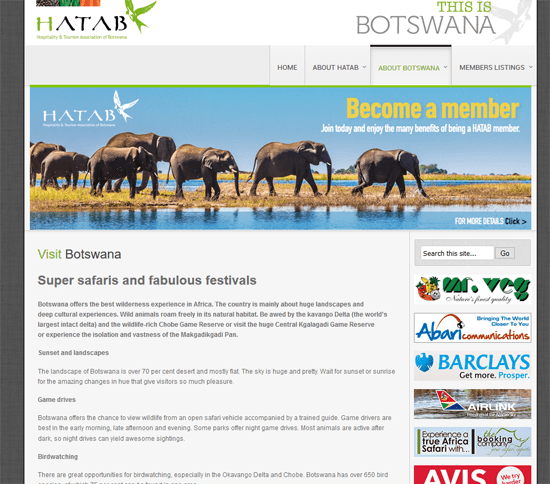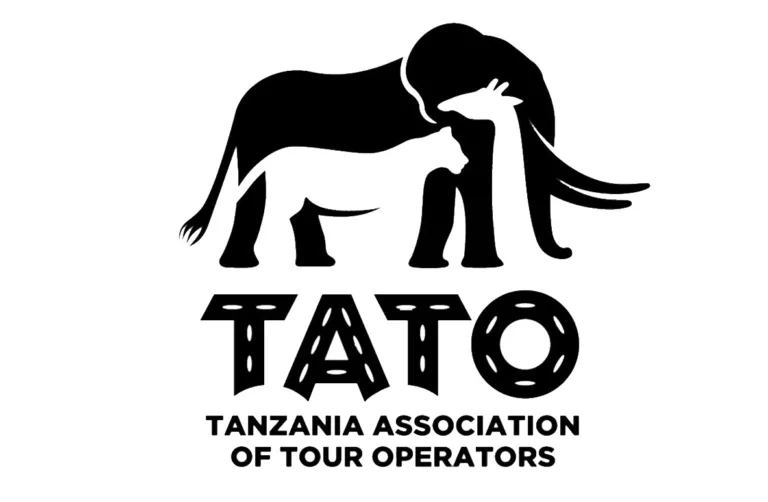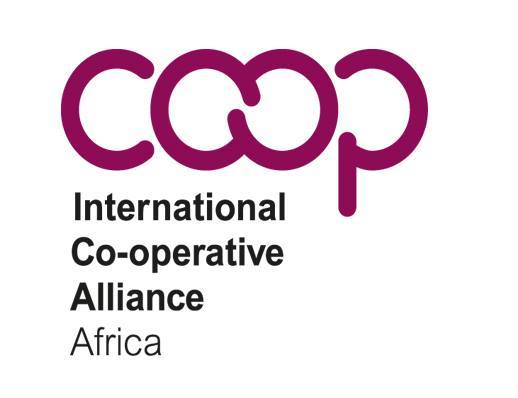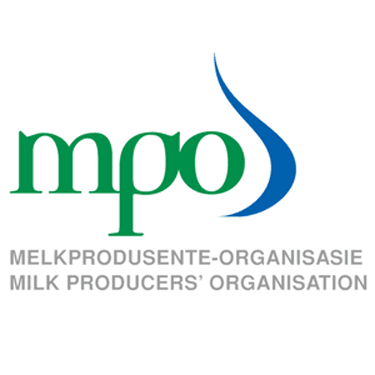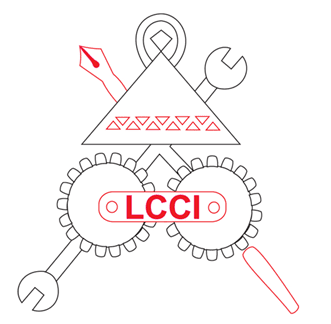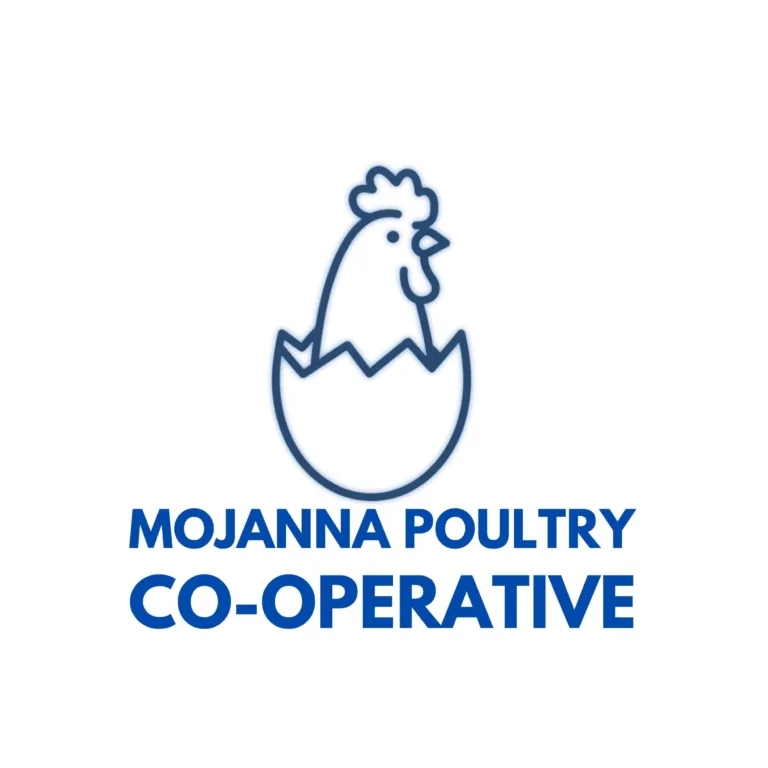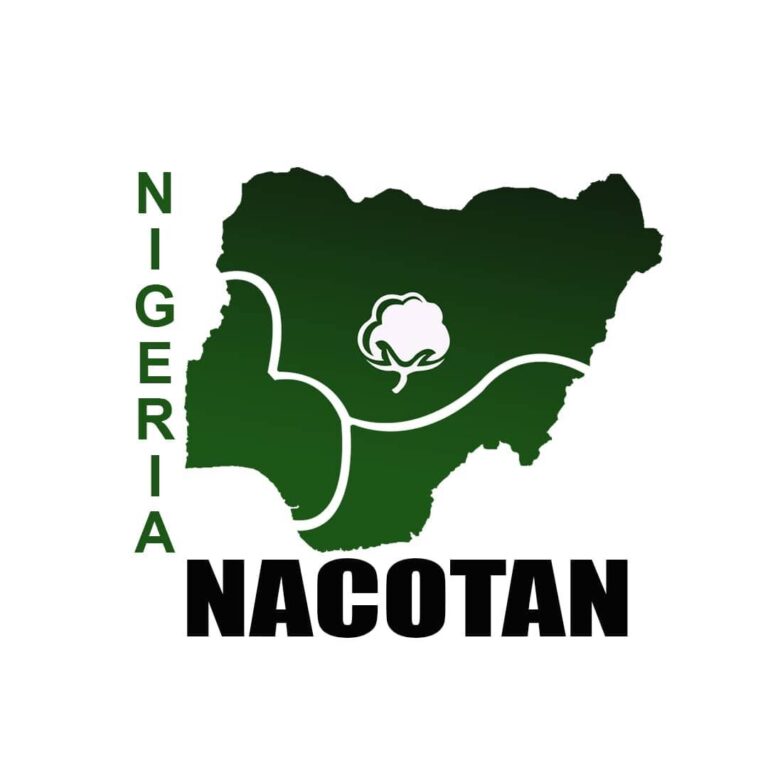Cooperativism and Associations: Catalysts for African Business Growth and Sustainability. In the diverse and dynamic landscape of African business, cooperativism and associations stand as vital pillars, driving growth and fostering sustainable development. This in-depth exploration examines the historical evolution of cooperativism in Africa, its current impact on various sectors, and provides statistical insights into how these collaborative models are reshaping the African economy.
1. The Historical Roots of Cooperativism in Africa
Cooperativism in Africa traces back to traditional communal practices. However, the formal cooperative movement gained momentum in the early 20th century, adapting indigenous practices into formal business structures. This evolution was crucial in transitioning from colonial economies to more self-sustaining, community-focused models.

2. The Current Landscape of African Cooperatives
Today, African cooperatives play a significant role in various sectors. According to the International Cooperative Alliance, Africa has over 250,000 cooperatives with more than 750 million individual members. These cooperatives contribute significantly to their national economies. For instance, in Kenya, agricultural cooperatives account for about 45% of GDP and 30% of national savings and deposits.
3. Impact on Small-Scale Producers and Entrepreneurs
African producers and entrepreneurs greatly benefit from cooperative models. These entities provide a platform for accessing finance, technology, and markets, which is otherwise challenging for individual small-scale operators. For example, in Ethiopia, coffee cooperatives have increased farmers’ incomes by up to 70% through collective bargaining and direct sales to international markets.
4. Success Stories Across the Continent
- Kenya’s Dairy Sector: Dairy cooperatives in Kenya have played a pivotal role in making the country Africa’s leading milk producer, contributing to 4% of the country’s GDP.
- West African Shea Butter Cooperatives: These cooperatives, predominantly run by women, have not only improved livelihoods but also contributed to the region’s economy. The shea industry in West Africa is valued at over $200 million annually.
5. The Role of Technology and Innovation
Technology is increasingly becoming a key enabler for cooperatives. For instance, mobile banking and digital platforms have allowed African farmers to access financial services, market information, and connect with buyers directly.
6. Challenges and Future Perspectives
Despite their success, African cooperatives face challenges like climate change, access to capital, and governance issues. To overcome these, support from governments and international agencies is crucial. The African Union’s Agenda 2063 recognizes cooperatives as essential for achieving inclusive and sustainable economic growth.
7. The Path Forward
The future of African business is deeply intertwined with the growth and evolution of cooperatives and associations. By continuing to support these entities, there is potential for not just economic growth but also for achieving sustainable development goals.
Then…
The importance of cooperativism and associations in African business cannot be overstated. As they continue to empower small-scale producers and entrepreneurs, their role in driving economic sustainability and inclusive growth will be a defining factor in the continent’s economic future.
At ProdAfrica we believe in the strength of cooperativism so that entrepreneurs feel supported and empowered in their efforts for a better future for themselves and their countries.
References:
- International Cooperative Alliance: “The Power of Cooperatives in Africa.”
- African Union’s Agenda 2063: “The Role of Cooperatives in Sustainable Development.”
- World Bank Report: “Economic Impact of Cooperatives in Africa.”
- FAO: “Cooperatives for African Agricultural Development.”

Team ProdAfrica
team@prodafrica.com


















